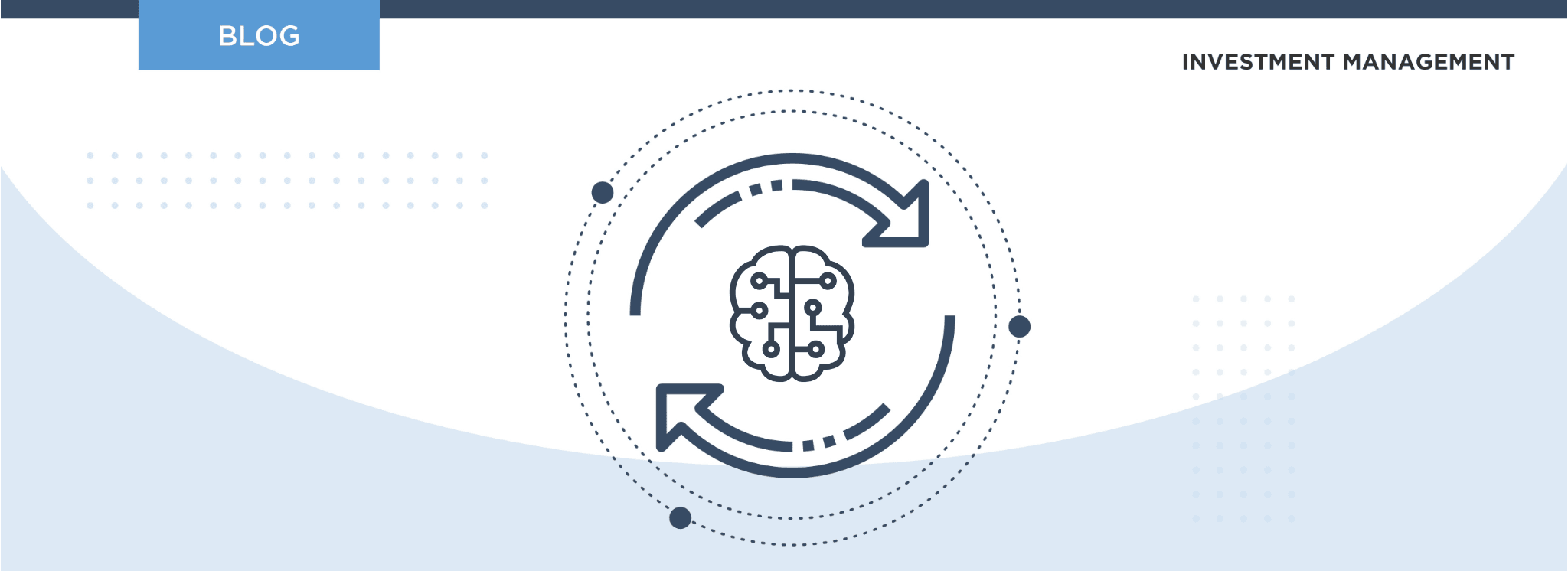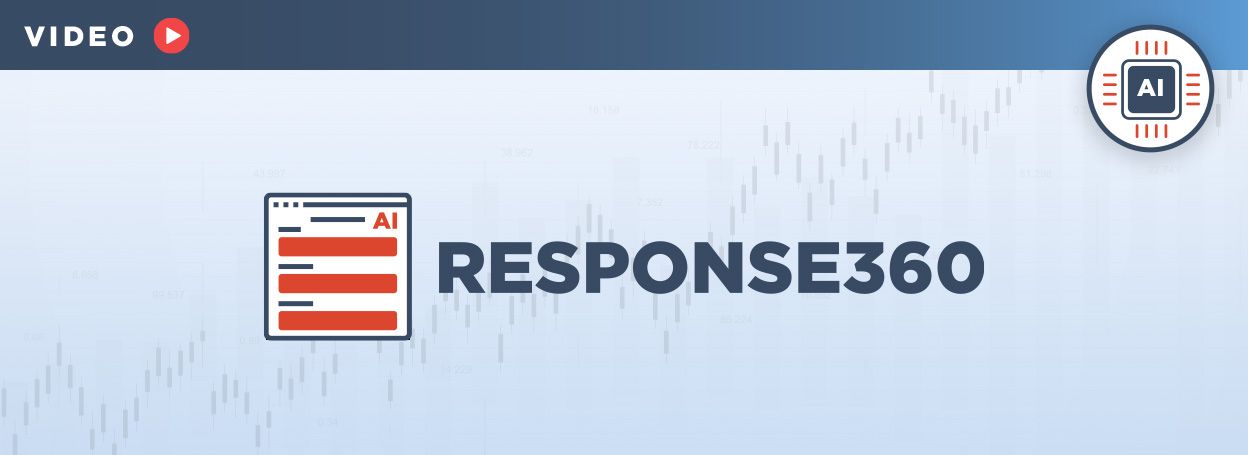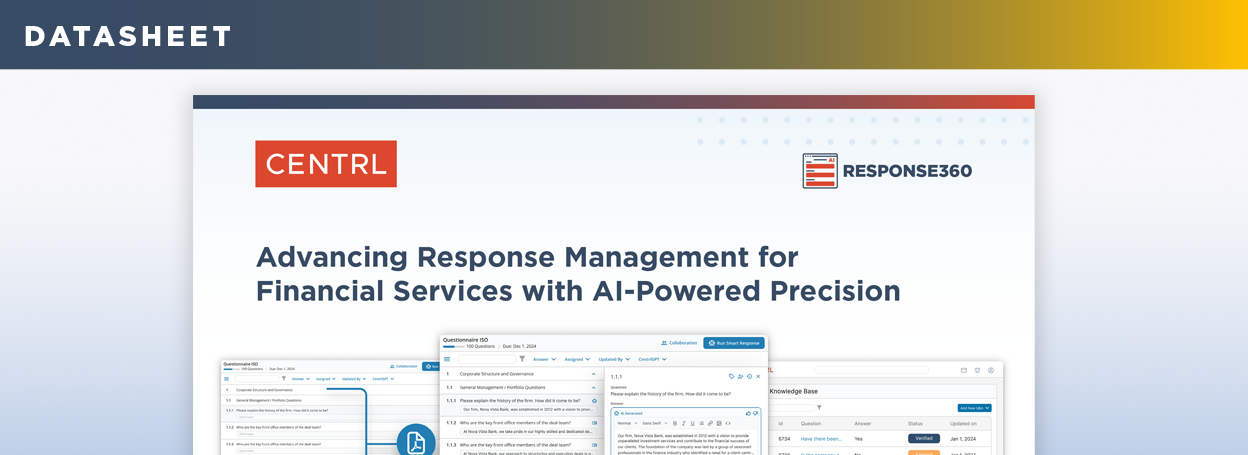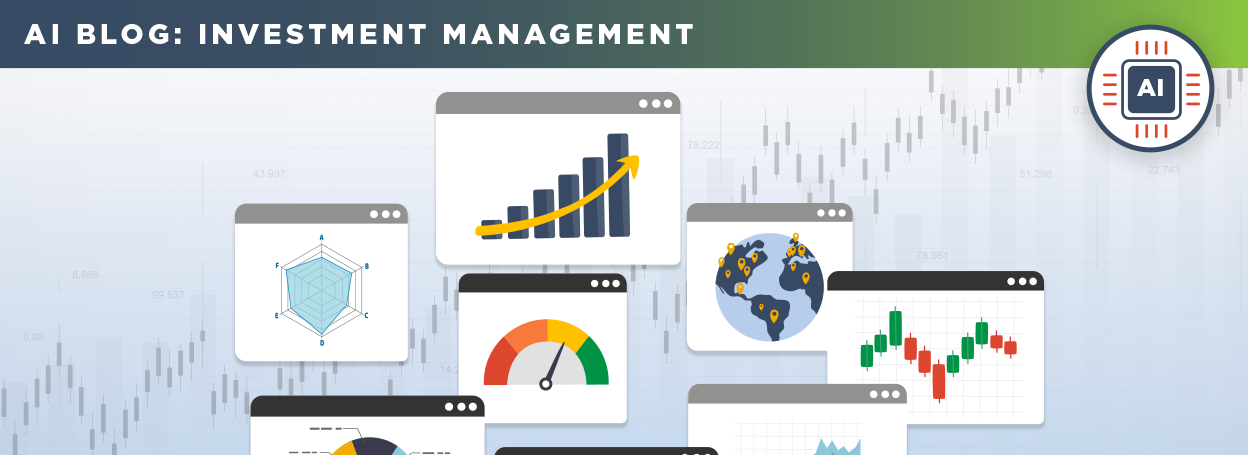How AI Is Reshaping Due Diligence and Manager Selection

Key Takeaways from the NY Alternative Investment Roundtable
I had the honor of participating in the October NY Alternative Investment Roundtable, which brought together leading allocators, managers, and innovators to discuss one of the most consequential shifts in investment management today: how artificial intelligence is transforming due diligence and manager selection.
During our panel discussion, we explored how investors are evolving in an AI-augmented future. Here are the key takeaways from that conversation.
AI Adoption Is Accelerating and Becoming More Intentional
The “if” phase of AI adoption is over. Leading institutions are now squarely focused on the “how.”
Firms like J.P. Morgan are implementing AI in controlled, targeted ways - from meeting transcription and summarization to more advanced use cases like using CENTRL to scan DDQ responses for red flags across hundreds of managers. Implementation strategies are now guided by measurable outcomes, governance frameworks, and a clear understanding of where AI drives efficiency without compromising control.
Efficiency Is Just the Beginning, Decision Quality Is the Endgame
AI’s greatest power lies not merely in speeding up workflows but in improving the quality of decisions.
By synthesizing massive volumes of unstructured data, including manager reports, internal notes, DDQs, financials, and communications, AI can surface correlations and risk patterns that inform more confident investment judgment. The result: due diligence teams spend less time searching for answers and more time applying their expertise to evaluate context, performance drivers, and risk signals.s
Oversight of Managers’ AI Use Is Now Part of Diligence
Assessing partner manager’s use of AI has become a standard part of the diligence process.
Questions are focused on data privacy controls, model governance, and underlying vendor oversight. Allocators are asking whether managers are using enterprise-grade solutions, maintaining private LLMs, and ensuring that no proprietary data is being used to train external models. Transparency, security, and explainability are critical evaluation criteria alongside performance and operations.
Domain-Trained, Enterprise AI Is Emerging as the Winning Model
While building AI in-house may seem appealing, maintaining such systems demands deep technical expertise, continuous retraining, and rigorous compliance oversight. Investment firms often find that the creation and maintenance of AI engines is not a core competency.
Discussions focused on the value of trusted partners offering domain-trained AI solutions for investment workflows. These solutions deliver higher accuracy, faster implementation, and seamless scalability, while staying aligned with the industry’s regulatory and data governance standards.
Data Security and “Economies of Trust” Are Paramount
Every participant underscored the same theme: AI is of no value if results cannot be trusted.
If you spend more time double-checking outputs than you save, AI fails its purpose. Auditability and transparent sourcing are key, creating what several panelists referred to in the context of “economies of trust”. Tools that earn that trust will become foundational to investment operations. Data privacy, encryption, and isolation are non-negotiable.
Customization Over Standardization
Alpha, by definition, is driven by differentiated insight; AI must adapt to each firm’s proprietary research and philosophy, not the other way around.
The goal is not to homogenize thinking but to amplify it, turning AI into a force multiplier for each firm’s institutional brain. The most successful implementations are those that use firm-specific logic, data, and workflows to complement and enhance human judgment.
The Future Workforce: Augmented, Not Automated
There was an energizing exchange on the future of talent.
AI is automating repetitive tasks, drafting responses, tagging data, and generating summaries, but it’s not replacing human judgment. Instead, it’s creating space for deeper learning and analysis. We have to be cognizant that junior professionals have the ability to gain exposure and learn basic fundamentals. AI has the potential to help upskill junior professionals, ensuring they spend more time interpreting results and developing judgment rather than formatting spreadsheets or chasing data.
Looking Ahead
AI is no longer an abstract concept; it’s a transformative capability redefining diligence, oversight, and decision-making. As adoption matures, the firms that will lead are those that balance innovation with discipline. Embracing AI is not a shortcut; it’s a strategic enabler of better investment outcomes, stronger governance, and smarter collaboration across teams.
Thanks to everyone on the panel for sharing their insights on this rapidly evolving landscape. The conversation underscored the fact that we are entering a new and exciting era where human expertise is significantly augmented by technology to raise the standard of due diligence and manager selection.


